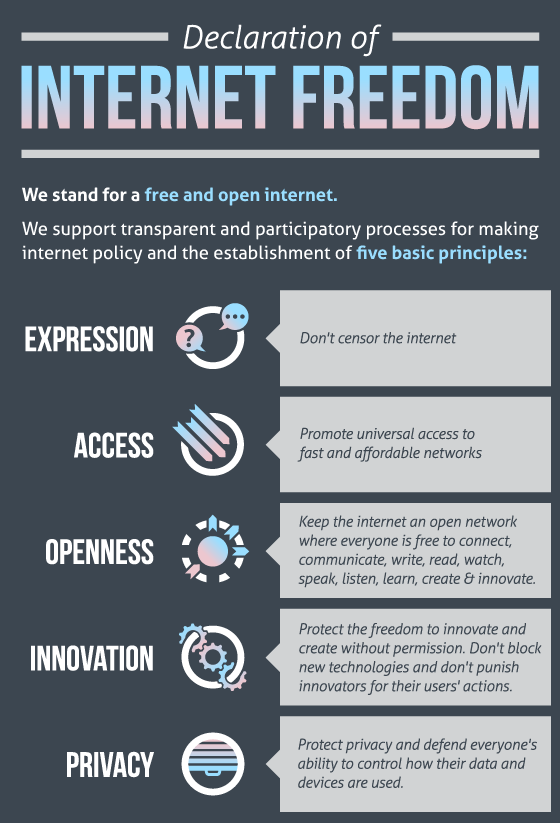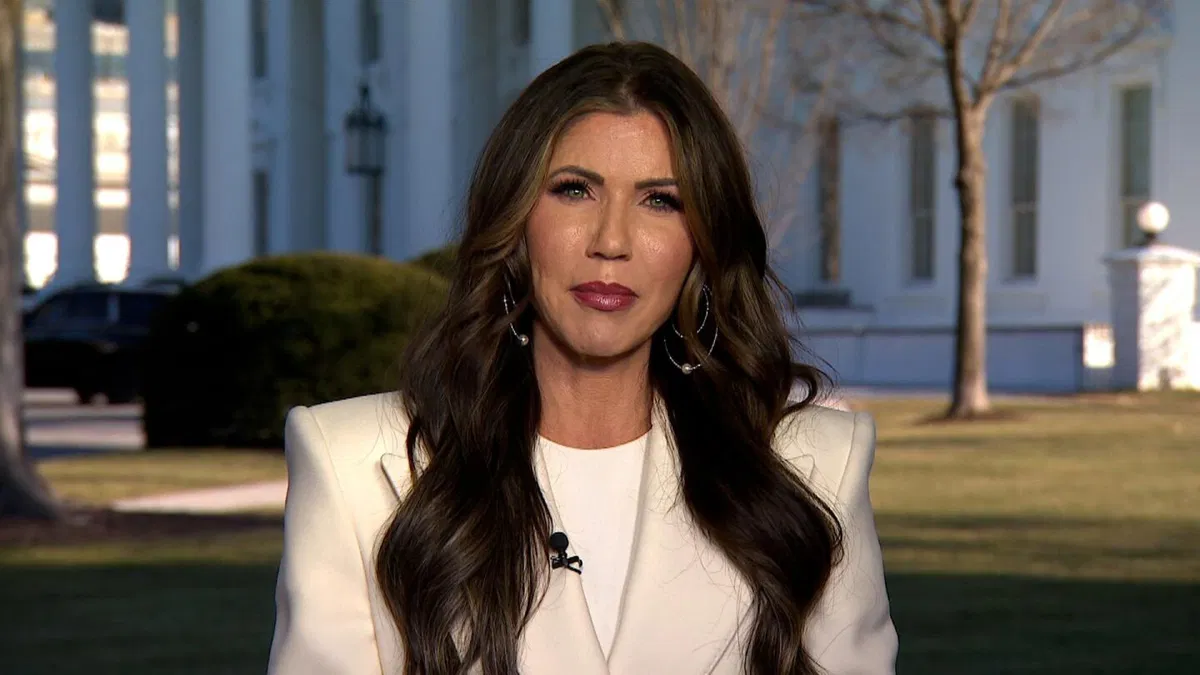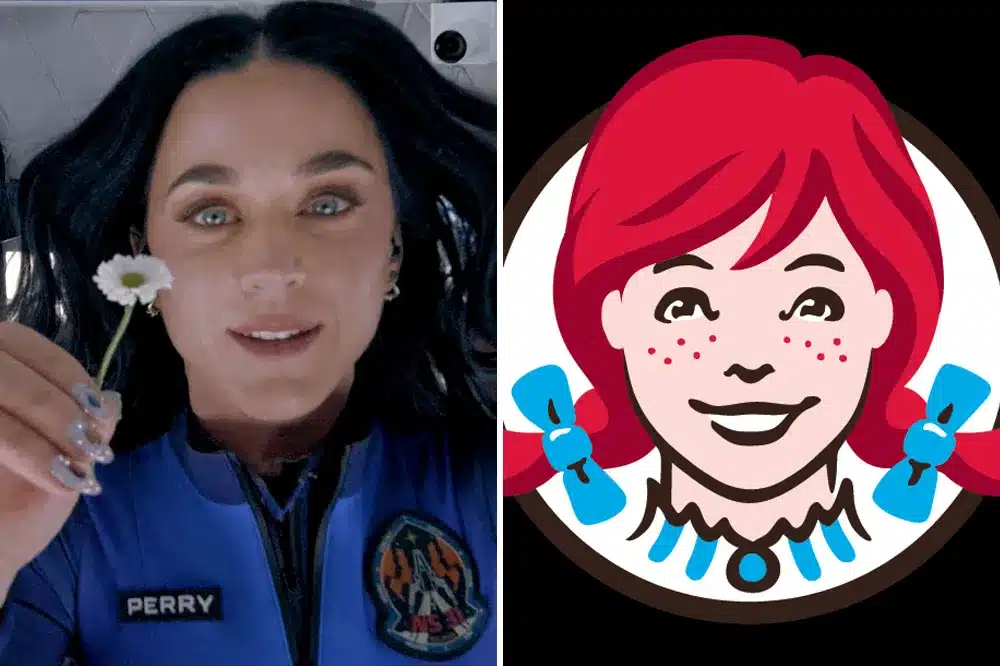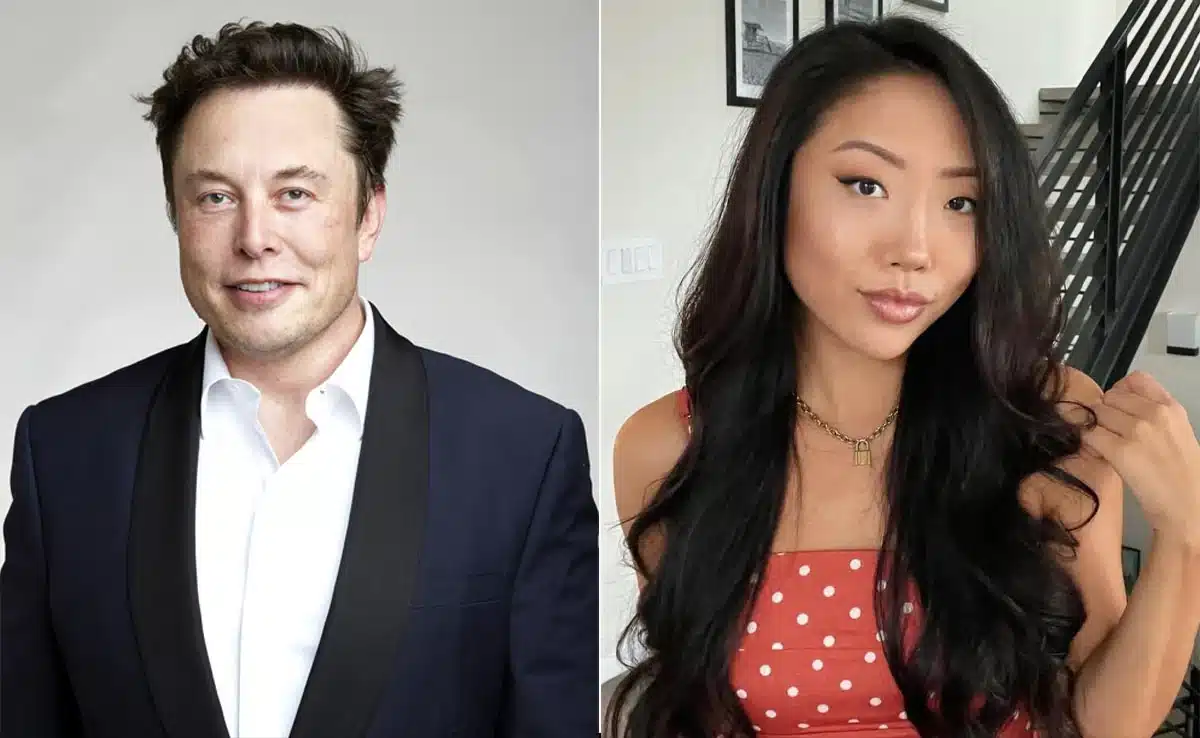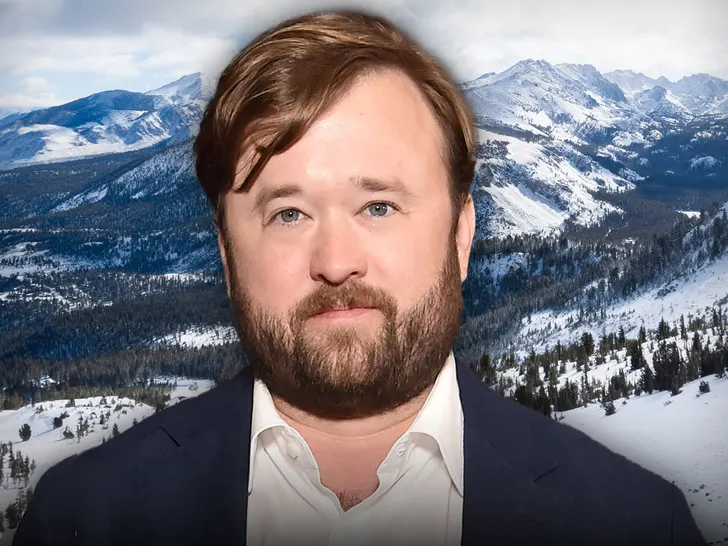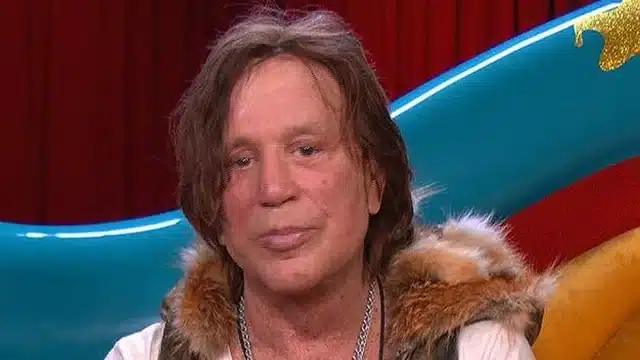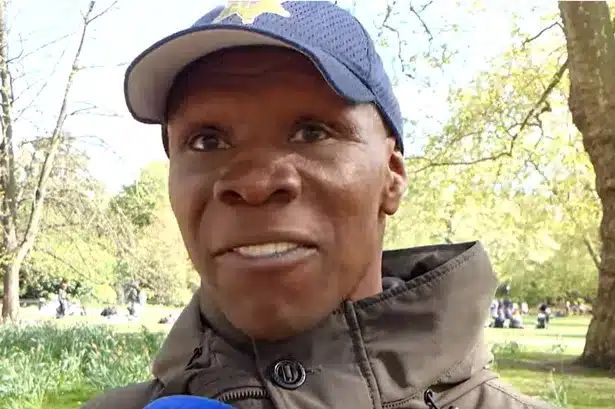As you may well remember, in October last year there was an act put forth by Rep. Congressman Lamar Smith that threatened to change the face of the Internet as we know it. This act was called SOPA and since then, many copycat acts have been proposed. The innovatively named PIPA (Protect IP Act), CISPA (Cyber Intelligence Sharing and Protection Act) and ACTA (Anti-Counterfeiting Trade Agreement) have all followed in the footsteps of their predecessors and have all been met with heroic efforts to thwart them.
However, this game of whack-a-mole can’t go on forever and in an attempt to finally end all the shady acronyms from destroying one of the last bastions of freedom, a super group of individuals and companies led by Free Press founder Josh Levy and supported by Mozilla, Reddit and, amongst others, The Harry Potter Alliance have created a bill of their own.
The Declaration of Internet Freedom aims to protect and serve Internet users. At its core are five principles: expression, access, openness, privacy and innovation. An all American ideal, this bill resonates old values of the First Amendment, the Bill of Rights and the Constitution.
Semantically, even the wording in the title strikes me as a purposeful force in the battle against the uninspiring. But it’s not just a good name that these guys have sorted; the declaration is still in its early stages and in the spirit of democracy there is an open forum whereby users of the Internet can discuss its shortfalls and offer suggestions at improvements, making this proposal a truly collective effort.
The declaration comes as a direct response to the attempts at Internet censorship that we’ve been seeing so much over the past year. Plainly put, their first bullet point is ‘Don’t censor the Internet’. Promoting worldwide access to the net and keeping it open for everyone to use is another.
Perhaps one of the most important points is the protection of innovation. The SOPA act came under fire as being a barrier to new websites and technologies with one commentator even going as far to say that if SOPA had been instilled around the time of Google and Facebook’s inception, these sites would not be around today. Finally, the declaration proposes a protection of privacy online.
Have you ever tried to read the SOPA legislation, or any legislation for that matter? There are a lot of words in them, most of which I don’t know the meaning of. In America, governmental figures stipulate their plans in these looong, laboriously worded texts and then explain what they mean for days, weeks and sometimes months on end to opposition in a place called congress. They are trying to get away with burying their point somewhere in the reams and reams of text, vague and ambiguous wording in the hopes that it won’t be understood and will ultimately benefit their cause. In the case of SOPA it was the power to take down any website that they believed could be infringing copyright. This led to the unfair shutting down of many sites on the Internet.
In a thinly veiled attack on the lack of transparency in government, the Declaration of Internet Freedom is plainly worded for all to read and clocks in at exactly one hundred short sweet words that you can read HERE or check out below:
However, the declaration has come under attack by some for its simplicity. Writing for Techliberation.com, Adam Thierer claimed that:
“[this] new Declaration of Internet Freedom contain[s] all sorts of aspirational principles that could be construed as “positive rights” that require government to provide some sort of basic underlying service, or to affirmatively and aggressively regulate the information economy to protect some of these amorphous values.”
In essence, Thierer’s argument is that the declaration’s open ended bullet points only suggest ideals and lack the direction to reach these ideals. He says that this will only invite more government intervention and as we know, the government doesn’t really know a lot about the ins and outs of the Internet. What they do know is how to make the Internet suck.
I asked redditors what they thought about the declaration. In a reply to a post I uploaded in r/internetdeclaration, sheepwn said, ‘I’ve been moved strongly by ideas like this, it’s going to change how our world is run, very quickly the Internet is becoming a unified voice. I think national (subsidized) or extremely widely available Internet access will be the future of economic growth, followed by massive innovation that will come out of it. We’re about to experience a very rapid culture change in the developed nations, especially among the youth.’
However, relaxinparadise agrees with Thierer’s slightly more pessimistic view and said ‘In my opinion, a declaration of rights should have more dos rather than don’ts. If Jefferson had written the opening words of the American Declaration of Independence with language such as ‘the right to not be killed’, and ‘the right to not be repressed’, then it would not have been as strong a document as using the language [such as] ‘the right to life’ and ‘the right to liberty’.”
Whereas nowellmaybe describes his disdain at the US government’s rule over global Internet law citing the Richard O’Dwyer case as an example of the bully tactics they have employed: ‘The current government in the United States has recently shown that it has no desire to apply the protections of the US Constitution to both US and international users of the Internet. My personal opinion is that the US government simply needs to do its job. Kill monopolies, disassemble its unconstitutional wiretap capabilities, and to steel itself against its inherent nature of curtailing personal freedoms and privacy, both on- and off-line.’
While the declaration has been brutally picked apart by some, I think it is imperative that we support a movement like this one. The Internet is a relatively young model with boundless capabilities. We have already seen communication evolve exponentially in the past few years and will continue to invent new ways to talk, share and inform ourselves.We live in the information age. We don’t have to worry about things such as freedom of speech offline so why should we be cautious on the Internet?
Unfortunately, laws that work pretty well in the world outside the Internet are being twisted and manipulated for the Internet to support those who fear its collective power. We have seen how the Internet can bring about social change; in the Arab spring, whole governments were overthrown through the power of social media. All of the proposed bills that have threatened the web have been stopped by the uprising of those who cherish it most, catalysed by the very medium they cherish. The Internet. The last bastion of global freedom.
You can keep up to date with all the Declaration’s happenings over at reddit HERE as well as contribute your own ideas.


